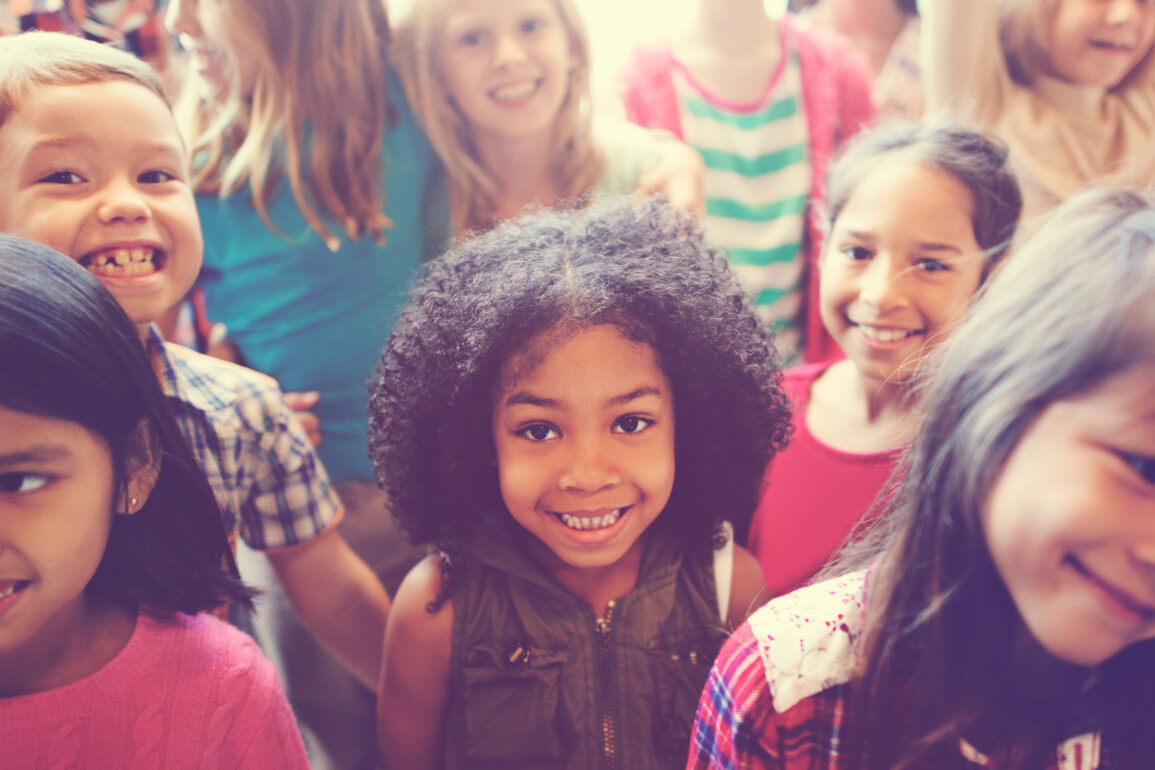Having friends from various Children and cultural diversity can be a genuinely fascinating and fulfilling experience for children, as it introduces them to new ideas, perspectives, and ways of life. It can also help children develop critical abilities like empathy, tolerance, and open-mindedness.
In this post, we will look deeper into the different benefits of having friends from other cultures and how it can positively impact children’s personal and social development.
One of the most obvious advantages of having friends from other cultures is the ability to learn about and comprehend diverse ways of living. When children make friends from many origins, they are exposed to a diverse range of cultural customs, traditions, and beliefs. This can help kids accept and respect diversity, as well as perceive the world from other perspectives.
A youngster who has a friend from another nation, for example, may learn about their buddy’s customs and traditions, such as the types of food they consume, how they celebrate holidays, or the types of games they play. This can widen their understanding and respect of other cultures and help kids see the world as a more diverse and intriguing place.

[Read Also: Best Cities In The World To Shop For Kids]
In addition to learning about other cultures, having friends from different origins can help children develop empathy and understanding. When children connect with friends from other cultures, they may encounter circumstances or experiences that are new or unusual to them. This can help individuals put themselves in the shoes of others and better comprehend how others may feel or think.
For example, a youngster who has a friend from another country may learn about the difficulties their friend has encountered owing to language limitations or cultural differences. This can help children develop compassion and understanding for others who may be suffering similar circumstances.
Furthermore, having friends from diverse cultures can help children develop a more tolerant and open-minded mindset. As children engage with people from other backgrounds, they may meet ideas or views that differ from their own. This can challenge their assumptions and urge them to think more critically about the world around them.
For example, a youngster who has a friend of a different faith may learn about their buddy’s beliefs and customs, which might help them see the world in a more inclusive and tolerant light. Interacting with peers from other cultures teaches children to understand and embrace diversity, as well as to be more open to new and alternative ideas.

[Read Also: A Definitive Guide to The Best Kids’ Fairs, Shows, And Festivals Around The World]
Having friends from other cultures can provide academic benefits for children in addition to personal and social benefits. According to studies, children who have friends from varied backgrounds perform better academically because they are exposed to a broader range of views and experiences.
For example, a youngster who has a friend from another nation may learn about their friend’s educational system and compare it to their own, which might help them think more critically about their own education and perceive it in a new light.
Furthermore, children who have friends from other cultures may be more inclined to participate in group work and problem-solving activities because they can draw on their friends’ diverse viewpoints and experiences.
Furthermore, making acquaintances from diverse cultures can aid in the development of crucial language abilities. Children who have friends from different origins are exposed to different languages and dialects, which can help them develop their capacity to communicate with individuals from all over the world.
Furthermore, bilingual or multilingual youngsters are more likely to achieve academically since they can think more critically and appreciate diverse points of view.

Finally, having friends from diverse cultures can be really beneficial to children. It can introduce kids to new views and ways of life, assisting them in developing empathy, understanding, and tolerance. Furthermore, it can lead to academic success and help to It may also improve their academic achievement and linguistic development. It can develop a sense of inclusion and acceptance, helping youngsters to perceive the world as a diverse and exciting place.
It is crucial to recognize that youngsters are naturally interested and open-minded, and creating friendships with people from diverse cultures can assist to grow and enhance these abilities. It’s an excellent method to provide youngsters with the tools they need to navigate a complicated and diverse environment. Encouraging and fostering connections with people from diverse cultures can have a significant impact on children’s personal and social development, and it is something that parents, educators, and caregivers should actively support.

